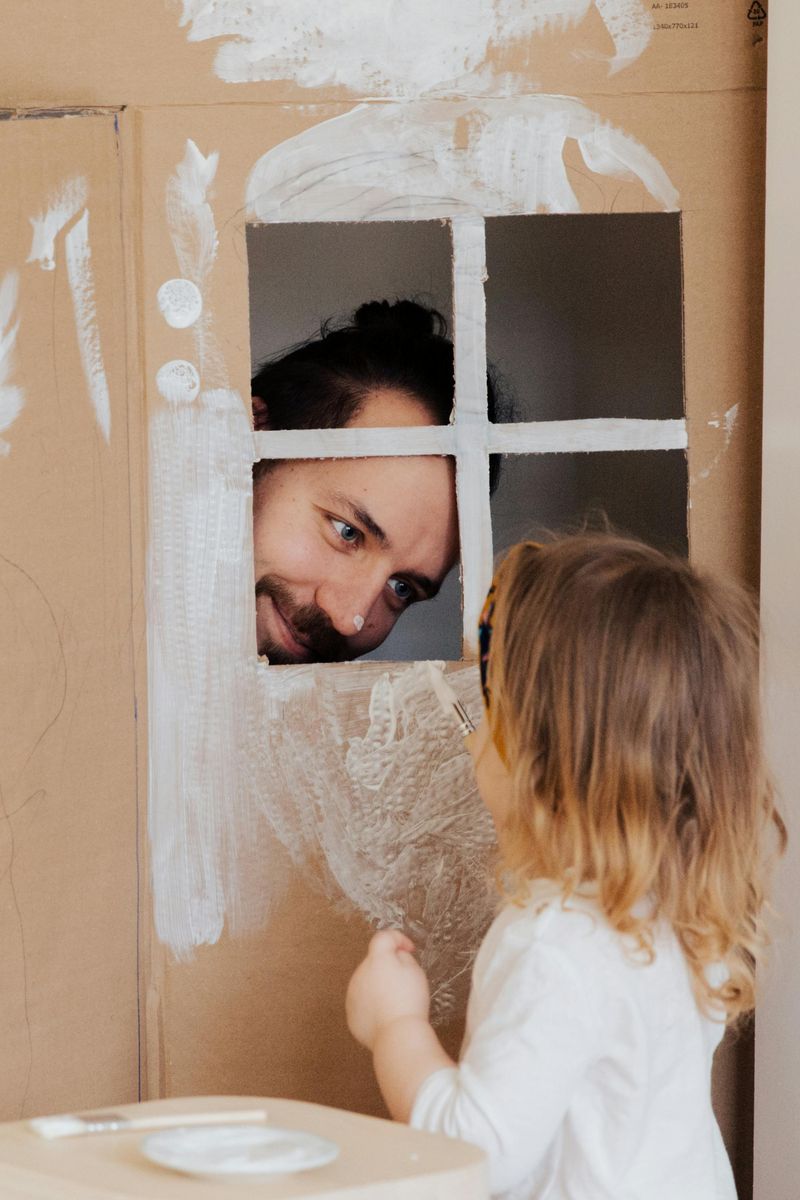Reflecting on childhood, many of us can pinpoint moments that defined who we are today. Often, these moments are underlined by lessons taught implicitly or explicitly by our parents. Great parenting doesn’t require perfection; rather, it is about imparting values that help a child navigate life with confidence, empathy, and resilience. This blog explores five key lessons that signal you were fortunate to have exceptional parents. From understanding the nuances of emotional expression to fostering resilience and empathy, these attributes not only contribute to a well-rounded individual but also reflect the depth of love and wisdom shared by great parents. Let’s delve deeper into these invaluable childhood teachings.
1. The Value of Emotional Expression

In the realm of childhood, emotions can often feel like an untamed whirlwind. If your family taught you to ride this whirlwind through expression rather than repression, you were truly blessed. Being encouraged to articulate feelings openly, without shame or fear, laid a foundation for emotional intelligence.
Understanding that emotions are a natural part of being human, you learned to navigate complex feelings effectively. This valuable lesson instilled confidence, fostering open communication and healthier relationships.
When expressions of joy, anger, or sadness were met with patience and understanding, it showed that emotional expression was respected. Such an upbringing is a true gift.
2. Respect for Boundaries

Imagine growing up in a home where “no” was not just a word but a sentence of its own. Respecting boundaries was the norm, not the exception. Parents who model and uphold this value teach their children self-respect and the importance of autonomy.
Through observing and practicing boundary-setting, you learned that personal space and choices are sacred. This empowered you to establish healthy relationships and assert your needs.
A childhood filled with respect for boundaries nurtures a sense of independence and self-worth, giving you the tools to navigate the world with confidence and respect for others.
3. The Importance of Empathy and Kindness

In a world that often glorifies self-interest, growing up with empathy and kindness as cornerstones is a blessing. These attributes were likely learned through observation and gentle nudges from empathetic parents.
Seeing compassion in action, you understood early on that kindness is a strength and a pathway to genuine connections. Your parents’ emphasis on empathy taught you to consider others’ feelings, fostering a nurturing environment.
Through simple acts, like sharing or comforting others, you internalized the essence of kindness. This compassionate upbringing molds you into a person who sees beyond oneself, valuing the human experience.
4. Resilience and Problem-Solving

Life’s challenges are inevitable, but how you face them is often learned at home. If you were encouraged to tackle problems head-on rather than avoiding them, you’ve mastered resilience. Parents who encourage problem-solving foster independence and critical thinking.
Making mistakes wasn’t the end; it was a learning curve. This approach instills perseverance and a growth mindset. Your parents’ support in facing difficulties gave you the confidence to keep trying and adapting.
In a nurturing home environment, challenges became opportunities for learning, shaping you into a dynamic problem-solver, ready to take on the world.
5. Unconditional Love and Self-Worth

Unconditional love is the bedrock of self-worth. Growing up knowing you are cherished not for achievements or perfection but for who you are is empowering. This lesson often reveals itself in moments of unconditional support and warmth.
When love isn’t tied to performance, a child develops a stable sense of security and self-acceptance. Your parents’ consistent affection provided a safety net, allowing you to explore and grow without fear.
In such an environment, self-worth flourishes, making you compassionate towards yourself and others. Having this love as a constant companion is one of the greatest gifts a parent can give.

Comments
Loading…